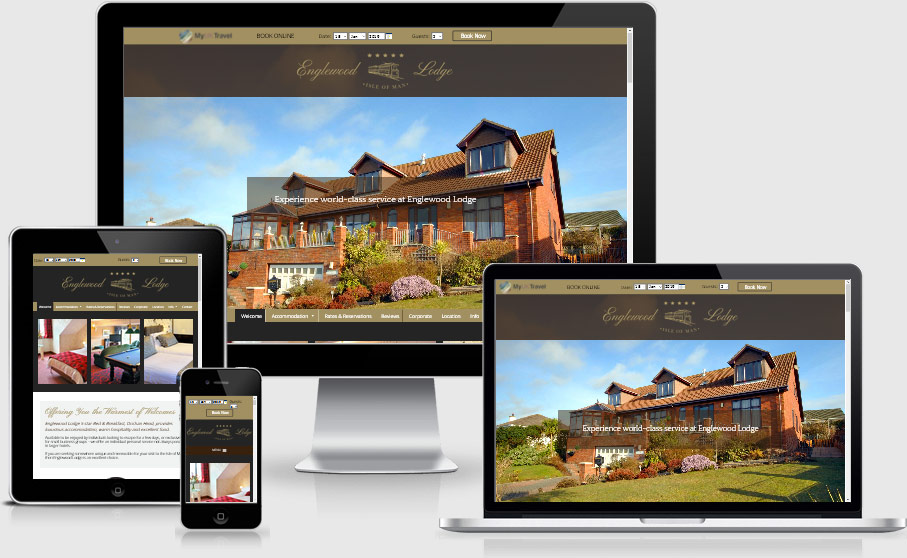Good afternoon everyone.
Thank you for taking the time to watch and listen this afternoon.
It has been an eventful day. This morning we announced a suspected case of COVID-19. An individual contacted our 111 line to tell us that they had received a positive result to a private test. They had chosen to do this ahead of travelling off-Island.
As a precaution, we issued that individual with a direction notice, instructing them to self-isolate for fourteen days, along with other members of their household.
Because the result was from a private test and not carried out through our official testing service at Nobles Hospital, we immediately offered the individual a second test using our professional and robust PCR system.
I am pleased to report that this second test has returned a negative result.
The individual and their household will continue to isolate before a third test on Sunday. If this also returns a negative result, the direction notices will be lifted.
The initial indications are that the private test result is what is referred to as a false positive. No test has one hundred per cent accuracy. We have discussed this before at these briefings. There is always a risk of false positives as well as false negatives. This is why our self-isolation requirements are so important.
The types of private testing available vary widely, as does the accuracy of these tests which is one of the reasons why we continue to use the gold standard of PCR for all of our tests on-Island.
Apart from today’s suspected case, since speaking to you this time last week, we have had three confirmed cases of COVID-19 on the Island.
All three have been individuals who were already self-isolating, having recently travelled back to the Island.
The self-isolation period for these individuals was extended by a further fourteen days following the positive result and other members of their households have also been instructed to self-isolate for fourteen days.
Self-isolation remains the most effective way of preventing the virus from spreading in our community.
Those affected have my personal thanks. I am grateful to you for acting responsibly and for following the rules. In doing so, you are helping to protect our Island.
In summary, we can be relatively certain that today our community remains free of COVID-19.
Today’s suspected case is a timely reminder that we must be prepared. I touched upon this last week.
The situation in the United Kingdom continues to be a source of concern for us all. In recent days, we have seen further measures announced, aimed at slowing the spread of the virus.
The UK Government has introduced a new three tier alert system. This is designed to designate areas that are at a medium, high and very high risk of the virus.
The Liverpool City Region was immediately designated as very high risk with the most stringent measures activated. This includes the closure of pubs that do no serve food. The UK media is also reporting that Greater Manchester and Lancashire may also soon be designated as very high risk.
My thoughts and best wishes go out to all our friends in the United Kingdom and especially those in the North West where we have such deep and warm links.
In Northern Ireland, the Executive announced a number of new measures yesterday to reduce the spread of the virus. This will see the shut-down of the hospitality sector and an extension of the half term holidays from one week to a fortnight.
Given the situation around us it is more important than ever for us to protect ourselves against the arrival of the virus. We all need to be prepared.
If the virus does return to the Island, as individuals, this may mean that we have to start using face masks in certain environments, return to social distancing, or restrict our social gatherings.
For businesses and organisations, it may mean measures to support the public with hand hygiene and social distancing.
I do not want this to happen. But we need to be ready. As a Government, we are prepared.
We have invested heavily in our testing capabilities and capacity. At the start of this pandemic, we had no on-Island testing capability, instead being reliant on labs in the United Kingdom.
We worked quickly to purchase the right equipment and consumables and were able to offer up to three hundred tests a day on-Island. We have since invested further, and now have capacity to carry out eight hundred COVID tests each day.
If the virus does makes a return to our community, our strategy is simple: test, test, test; trace, trace, trace.
If you cast your minds back to June, you may remember that Government published “Stay Responsible” and sent a copy to every household.
It set out a four level framework that we would use based on the number of cases of COVID-19 in our community.
Since 15 June, we have been on level one, which we call “stay responsible”. This was when social distancing ended. We remain on level one.
We will remain at level one for as long as the rolling three day average of COVID-19 cases in the community is between zero and five.
If the rolling three day average of COVID-19 cases in the community increases to between six and ten, we would move to level two, the “stay safe” phase.
This would see social distancing reintroduced; a limit of two visitors inside households and a limit on outdoor gatherings of thirty people.
Level three, the “stay at home” phase would activate if the rolling three day average of COVID-19 cases in the community rose to between eleven and twenty.
Finally, level four – “lockdown” – would activate if the rolling three day average hit twenty-one or more.
These plans are a guide. We may have to adapt them depending on circumstances. But this would be our starting point.
We have talked a lot about borders at these briefings. Given the situation around us, the Council of Ministers has agreed that we will remain at level four.
On the topic of travel and our borders, the Minister of Education, Sport & Culture has issued a statement advising parents to avoid taking school-age children off-Island over half term. If they do travel, they will have to self-isolate for fourteen days on their return, missing a fortnight of face-to-face teaching in the classroom.
I would echo this message. I think we all need to think carefully about any travel off-Island given the situation in the United Kingdom and Ireland.
On a more positive note, last Friday the Queen’s Birthday Honours were announced. These were delayed from June in order to consider nominations for people who played crucial roles during the first months of the COVID-19 effort.
Seven Islanders were recognised by Her Majesty the Queen for their achievements and contribution to the life of our community. Three of these honours specifically relate to the Island’s COVID response.
I extend my congratulations to all seven individuals, but given the nature of these briefings, today I will focus on the three that were recognised for their work on our community’s COVID response.
Mr Peter Duffy, a Consultant Urologist at Noble’s Hospital has been made an MBE. Unable to continue his usual surgical work during COVID, Peter dedicated himself to helping patients and staff around the wards in whatever way was needed.
He fed and washed patients, served meals, cleaned and changed beds, and attended Intensive Care twice a day help to ventilated patients feel more comfortable. He contacted the wards on his days off to check on patients’ progress and staff welfare. A caring man, Mr Duffy sat with and read to end of life patients to comfort them in the absence of their relatives. All this care and assistance was on his own initiative. He was an example to those around him.
When the Isle of Man was first struck by COVID-19 and went into lockdown, Gareth Hinge quickly realised that vulnerable people in the North needed support, particularly with food and regular medicines. Along with fellow coaches at Ramsey Rugby Club, he organised a team of club members to provide that support. He co-ordinated the efforts and, once the concept was proven, expanded the team to embrace volunteers from the wider community.
For an initiative of this sort to succeed required vision, leadership, organisation and determination – all of which Graham showed. He also united the rugby club and the wider population. For outstanding community service on the Isle of Man during the COVID-19 Pandemic, Mr Gareth Hinge was also made an MBE.
Since March 2020 the Manx community has shown remarkable courage and compassion in the face of the pandemic. David Ashford, the Minister for Health and Social Care, has been at the centre of the Island’s efforts to suppress the spread and has shown strong leadership of our health and social care services. He has absorbed medical information and presented it to you, the public, in – I am sure you will agree – a clear and understandable way. He has appeared here at numerous briefings, answering questions with kindness and humour in equal measure. We will always remember his “baby steps”. He has instilled confidence at a challenging time for all and has shown selfless commitment and an unquestionable sense of duty. For this David was awarded an MBE.
One final thing before I go. Today is the one-hundredth-and-first birthday of Hector Duff.
Hector’s service in the Second World War is known throughout our community, as his tireless work of promoting understanding of the reasons behind, and the realities of, world war, in particular his work in the Island’s schools.
I am sure you will all join me in wishing Hector many happy returns.
That’s all for today. Stay safe and continue to do the right thing. Make the right choices for you, your loved ones and your community.
Thank you for your time.




